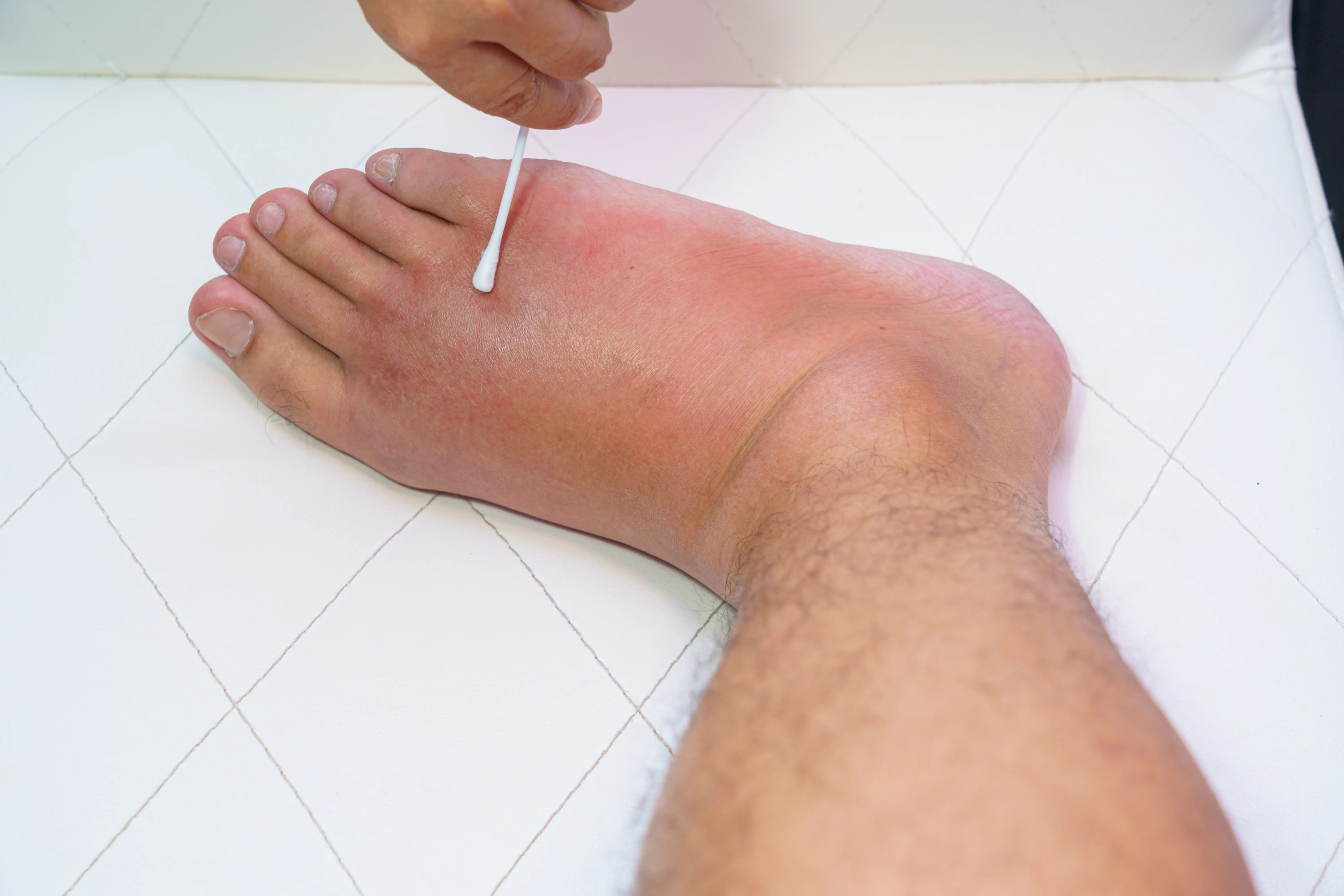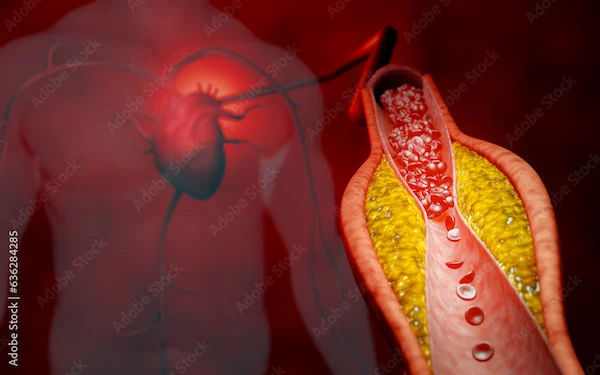- Female
- 26 Years
- 07/02/2025
I had some hot milk this evening and now I'm wondering if it's okay to drink water about half an hour afterward. Will that cause any issues with digestion?
Answered by 1 Apollo Doctors

More General Physician/ Internal Medicine Health Queries
View allI'm a bit confused and worried. The doctor first suggested I take Montec LC for three days, but then after one day, they added Azee500 for another three days. Is it okay to take both medications at the same time, or could there be any issues with that?
Yes you can take no problem
read more![Doctor 1]()
![Doctor 2]()
Answered by 1 Apollo Doctors
I'm 39 and I've been dealing with a cold and cough for a few days now. I tried taking Levolin Plus for my cough, but it feels like the phlegm is stuck in my chest and won't come out. I'm also hearing some noises from my ears. Can you recommend any medications, like a cough syrup or antibiotics, that might help me get some relief?
take tablet amoxyclav for 5 days and syrup ascoril twice a day
read more![Doctor 1]()
![Doctor 2]()
Answered by 1 Apollo Doctors
I'm having a really tough time with this persistent cough and I've also been vomiting for the past four days. I'm pretty worried about this. What should I do?
use medicine
read more![Doctor 1]()
![Doctor 2]()
Answered by 1 Apollo Doctors
Disclaimer: Answers on Apollo 247 are not intended to replace your doctor advice. Always seek help of a professional doctor in case of an medical emergency or ailment.





